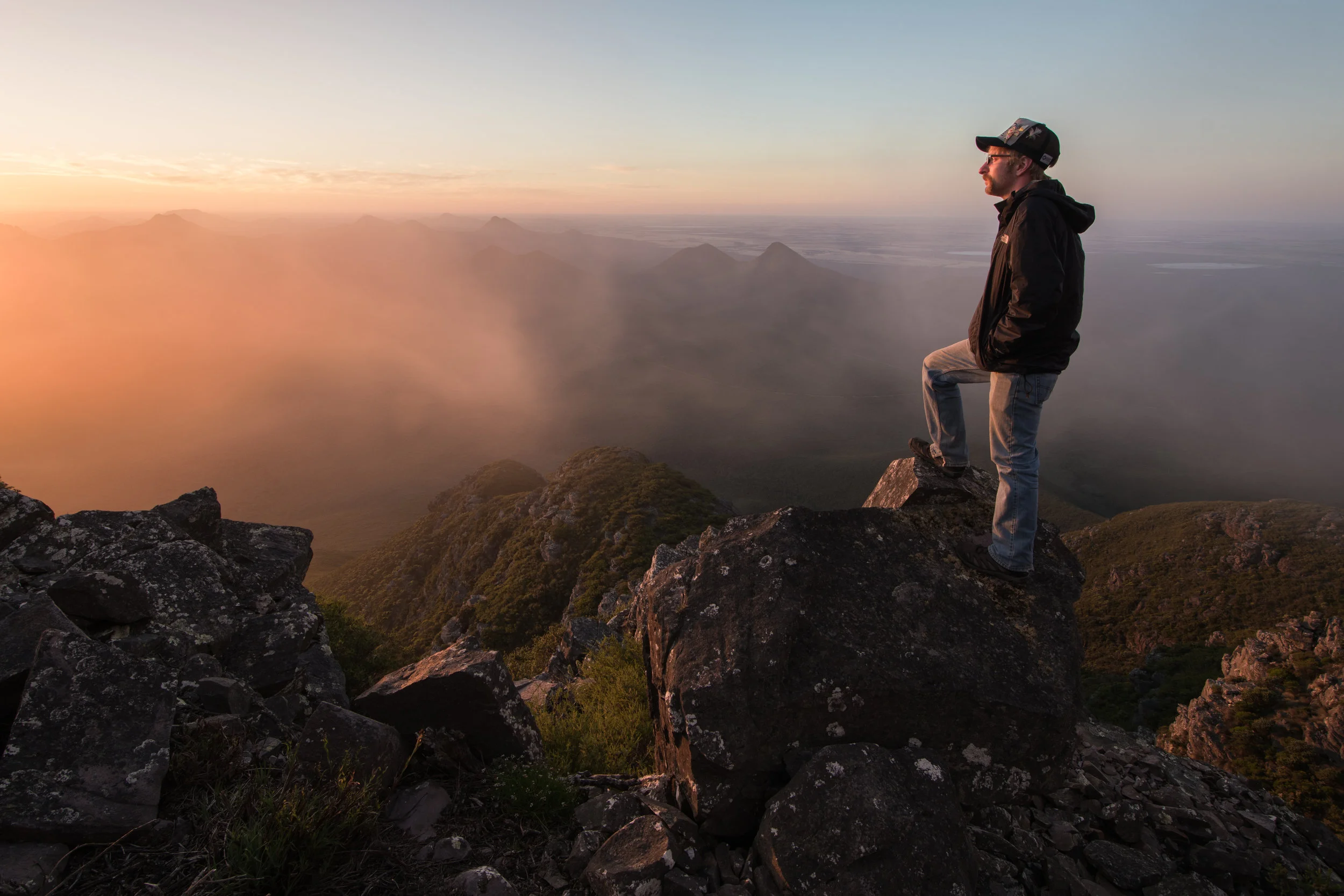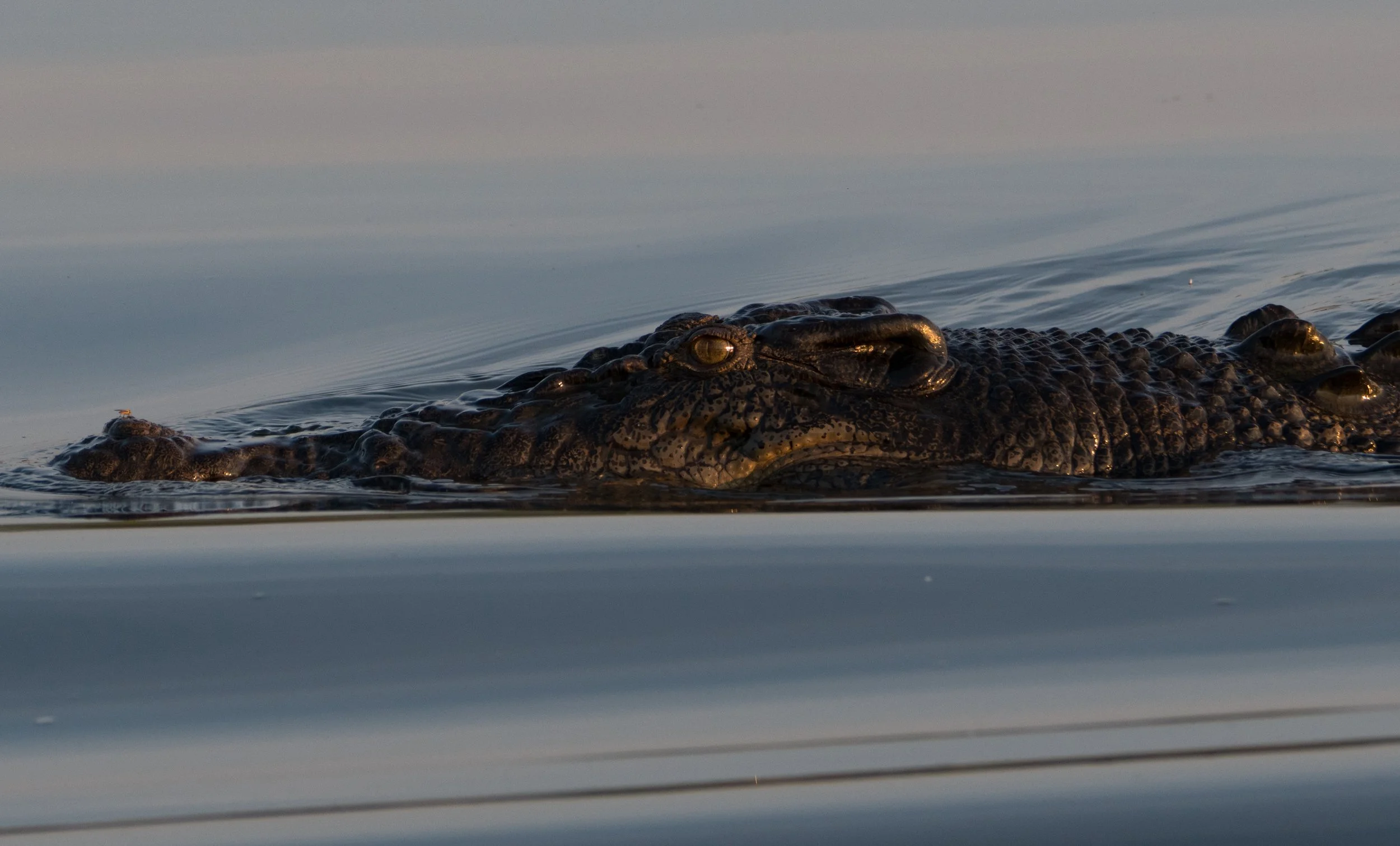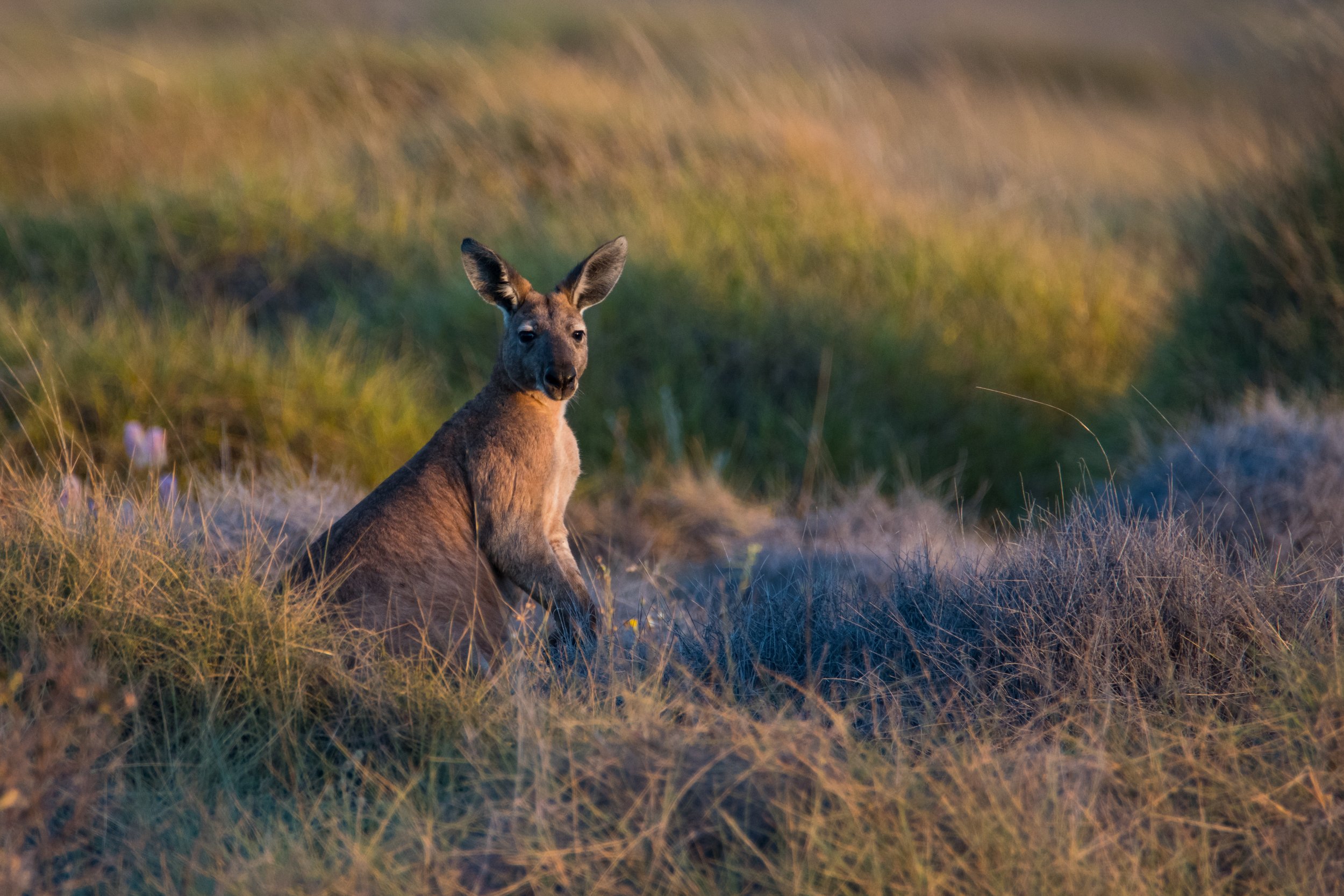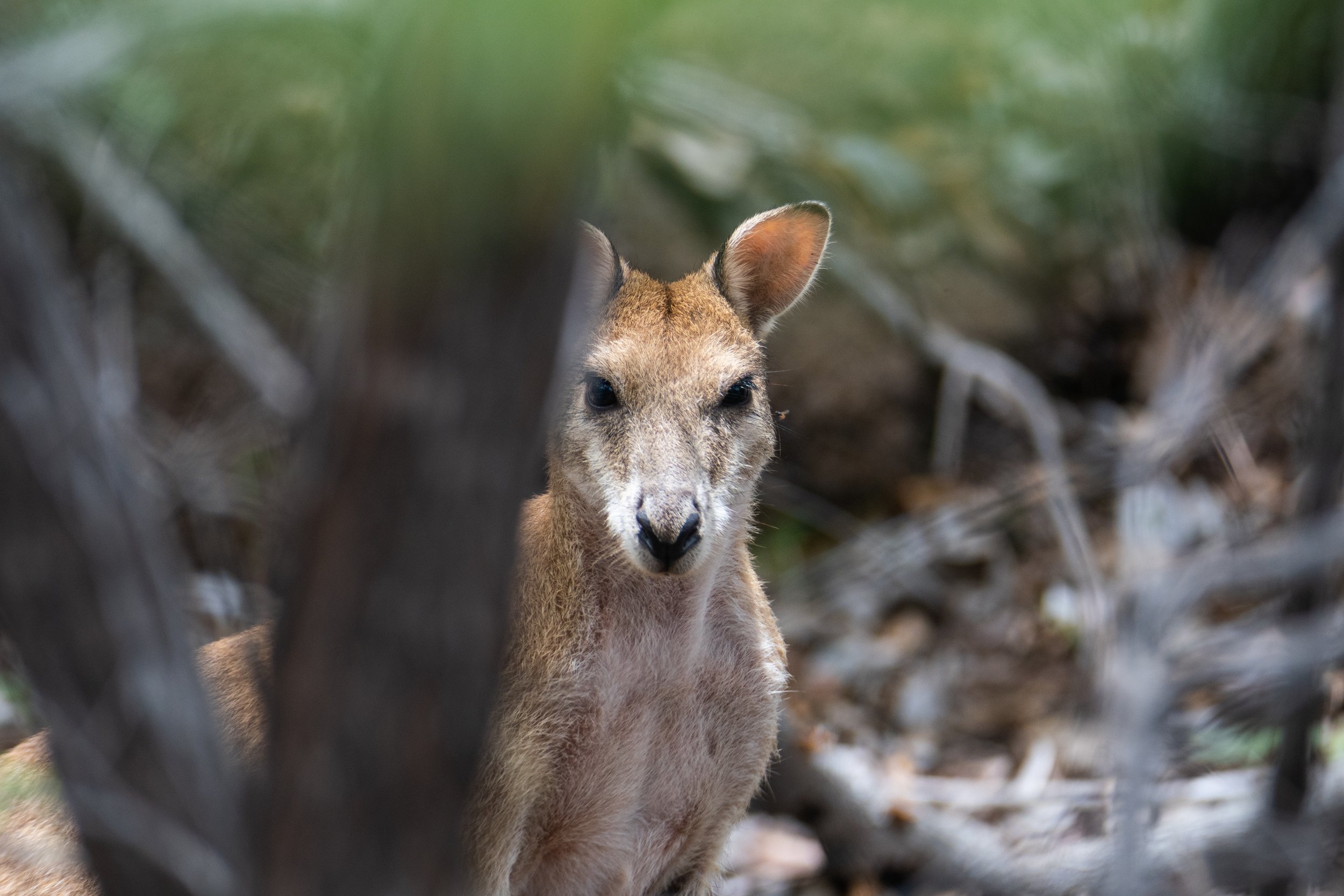Wildlife Down Under
It is hard to think of Australia without thinking of its magnificent wildlife. From kangaroo’s hopping in mobs across the open outback, to koalas lazing around in eucalyptus trees, Australia has an abundance of wildlife. For wildlife photographers, Australia is high on the list of dream locations to go to capture these amazing animal in the wild.
I spent 2.5 years in Australia in the working visa program. I traveled over 30,000 miles around the vast continent and visited many National Parks. I had my Nikon D500 and Tamron 150-600mm with me the whole time, capturing as much of the wildlife as I possibly could.
Below are the best places I have visited for wildlife photography in Australia.
Kakadu National Park
Location: Top End of The Northern Territory
Nearest City: Darwin (160km)
Size: 4.89 million acres
Notable Wildlife: Brumbies, water buffalo, crocodiles, wallabies, 280 bird species
Kakadu National park is an amazing spot for wildlife photography. Covering 4.89 million acres of billabongs, waterfalls, savanna woodlands, and lowlands Kakadu hosts a large amount of wildlife. Approximately 280 different bird species, 60 mammal species, 25 species of frogs, and 117 species leaves no shortage of wildlife to photograph.
The wet season is from November-March and can be very inconvenient/ impossible for wildlife photography. Roads flood and become inaccessible and a lot of the park will close down. Rivers flood making it harder to find crocs on the boat cruises.
Read More: Best Way To See Crocodiles in Australia
Read more: Kakadu: A Wildlife Photographers Paradise
Cape Range National Park
Location: Coral Coast Western Australia
Nearest Town: Exmouth (45km)
Size: 124,988 acres
Notable Wildlife: Emus, wallabies, dingoes, whale sharks
Cape Range National Park is an amazing spot to visit as a wildlife photographer. Black-footed wallabies can be seen in the lime stone range. Wallabies, emus and dingoes can frequently be seen as you drive the main road of the park. Most of the wildlife is accustomed to cars and will not flee when you get close enough to get a good shot.
The park borders the pristine waters of The Ningaloo Reef. There are plenty of opportunities for underwater wildlife photography if you have the proper equipment. Swimming with whale sharks is a popular activity when the largest fish is present in the area (March-August)
Magnetic Island
Location: North Queensland
Nearest City: Townsville (8km)
Notable Wildlife: Koalas, Wallabies, Echidnas, Death Adders
Located by just a short ferry ride from Townsville lies Magnetic Island. Magnetic Island is a 12,851 acre island and two-thirds of the island is a National Park. While there is an abundance of wildlife on the island, the main animal to go see and photograph would be koalas.
Watch On YouTube: WILDLIFE PHOTOGRAPHY | Koalas, Wallabies, and a Spider
Magnetic Island boast about several hundred koalas. They are all over the island but are easiest to spot on the forts walk. Koalas can sleep up to 20 hours a day, so they can frequently be spotted sleeping in the trees. This Aussie icon is spectacular to see in their natural habitat and Magnetic Island would be my go to photograph and view koalas in the wild.
Watch On YouTube: Wildlife Photography | Koalas
Read More: The Best Place To See Wild Koalas
Bladensburg National Park
Location: Outback Queensland
Nearest Town: Winton (20km)
Size: 209,792 acres
Notable Wildlife: Red Kangaroos, Emus, Bustards
Bladensburg National Park is a place that one would think of when the Australian Outback comes to mind. Large red kangaroos can frequently be seen hopping around in the first morning light and last light of the day. Wildlife can be easily spotted over the vast grassland plains and river flats. There is a campground at the park so you can set up a base as you wander around the dusty roads in search of wildlife to photograph.
Watch On YouTube: Wildlife Photography in Outback Australia | Kangaroos in Bladensburg
Bladensburg has amazing backdrops for photos. For photography, it really puts these amazing animals in the proper Aussie outback environment. The park is a bit off the beaten path and doesn’t get too busy, so there aren’t too many vehicles flying down the road to scare away the wildlife.
Watch On YouTube: Photographing Landscapes and Wildlife in Bladensburg National Park
















